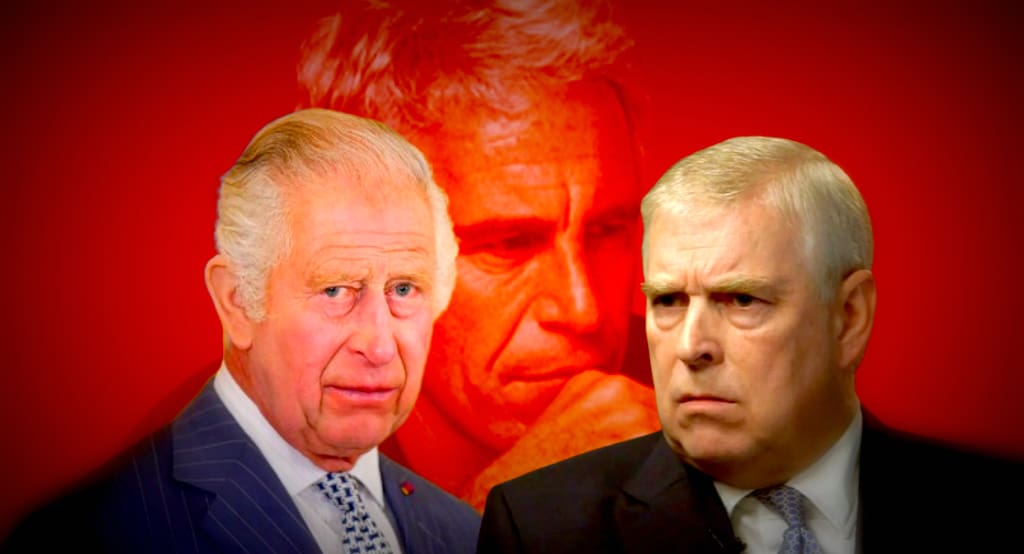As the British Monarchy grapples with its relevance in the modern era, internal conflicts within the royal family continue to capture the public’s fascination. The most prominent of these feuds involves the ongoing rivalry between Prince William, the heir to the throne, and his younger brother, Prince Harry, often referred to as the ‘spare.’ However, another serious contention exists between King Charles III and his brother, Prince Andrew, whose reputation has been marred by scandals and associations with the late Jeffrey Epstein, a convicted sex offender. The fallout from these controversies has culminated in King Charles making significant financial decisions that further isolate Prince Andrew from the royal family.
Recent revelations indicate that King Charles has officially ceased his brother’s annual allowance, which was previously estimated at $1.3 million. Robert Hardman’s updated biography, “Charles III: New King. New Court. The Inside Story,” highlights the deteriorating relationship between the brothers, driven by financial restraint measures imposed by the new king. King Charles has instructed the Keeper of the Privy Purse, the royal finance director, to eliminate Andrew’s personal allowance and to discontinue funding his security, further distancing the disgraced prince from royal financial support.
Additionally, King Charles has sought to have Prince Andrew vacate the opulent Royal Lodge in Windsor, a 30-room estate that Andrew has inhabited. The king’s efforts have been met with resistance from Andrew, who has expressed intentions to contest any evictions based on what he claims to be a long-term lease. Meanwhile, the king’s attempts to minimize Andrew’s financial burden reflect a broader need to ensure the monarchy’s fiscal health amidst growing scrutiny and criticism.
Despite Andrew’s assertions that he has other income sources to support himself, insiders from the royal family are skeptical of these claims. The financial strain may soon manifest as a challenge for Andrew, as King Charles’s patience wears thin. Royal insiders suggest that while the sovereign may lack the legal means to evict Andrew from the estate, he can nonetheless remove the financial support necessary for the upkeep of the property and its associated costs. This situation puts pressure on Andrew as he navigates his precarious position within the monarchy without royal support.
The fallout from Prince Andrew’s scandalous past and the steps taken by King Charles raise broader questions about family loyalty, responsibility, and the public’s perception of the monarchy. Within the royal family, there appears to be disappointment regarding Charles’s treatment of Andrew, particularly from their siblings, Princess Anne and Prince Edward, who believe it is unjust for Charles to enforce such drastic measures against his brother. This chapter of royal turmoil underscores the challenges facing the monarchy as it strives to reconcile its traditions with the realities of contemporary governance and public expectations.
Ultimately, the plight of Prince Andrew has become emblematic of the monarchy’s struggle for survival amidst growing scrutiny and shifts in societal values. As King Charles navigates his reign with an eye toward modernization, his decisions regarding his brother highlight internal family dynamics that reflect broader themes within the monarchy itself. The resulting family drama fuels public curiosity and poses critical questions about the future of the royal institution in an increasingly complex world.

